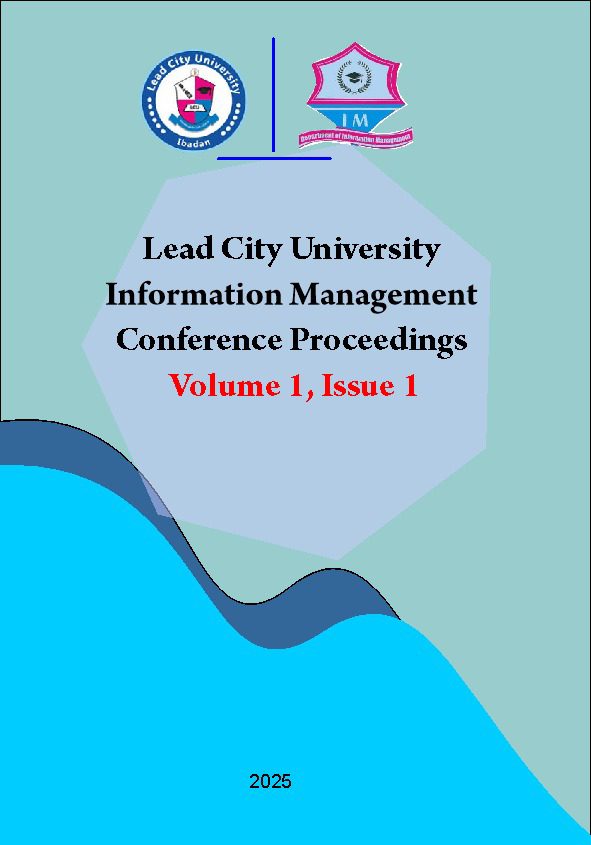The Impact of Information Technology on Office Management
Keywords:
Artificial Intelligent, Information Technology, Internet of Things,and Office Management,Abstract
By improving productivity, communication, and decision-making, the incorporation of IT into
office administration has completely changed how businesses function. Office management
plays a crucial role in ensuring the efficient operation of organizations by integrating various
administrative processes, technologies, and human resources. This paper examines how
important information technology is for efficiently managing data, promoting collaboration,
and automating administrative duties. Businesses can maximize resource allocation and
expedite operations by utilizing contemporary solutions including communication platforms,
project management software, and cloud storage. By revolutionizing the ways in which
people and organizations interact, function, and handle information, information technology
plays a crucial part in constructing contemporary society. The multifaceted effects of
information technology on a range of industries, including business, education, healthcare,
and government, will be examined through an examination of the essential components of
information technology, such as hardware, software, networking, and data management
systems. The advantages of improved connectivity, increased efficiency, and better decision-
making will be highlighted. To fully utilize the promise of information technology in office
administration, the study addressed the issues of employee training, resistance to change,
and cyber security threats. By analyzing current trends and future directions in office
management to achieve organizational success and sustainability, the paper also addressed
the difficulties faced by office managers in supporting a diverse and inclusive workplace,
managing remote work dynamics, and adjusting to technological advancements. This paper
highlights the need for organizations to adjust to these technological advancements in order
to remain competitive in an increasingly digital world. Concerns about data privacy, cyber
security threats, and digital inequality are all well-captured. Future trends, such as the
adoption of artificial intelligence and remote work technologies, are expected to further alter
the office landscape. The integration of artificial intelligence, the Internet of Things, and
emerging technologies is expected to lead to significant advancements in information
technology.

